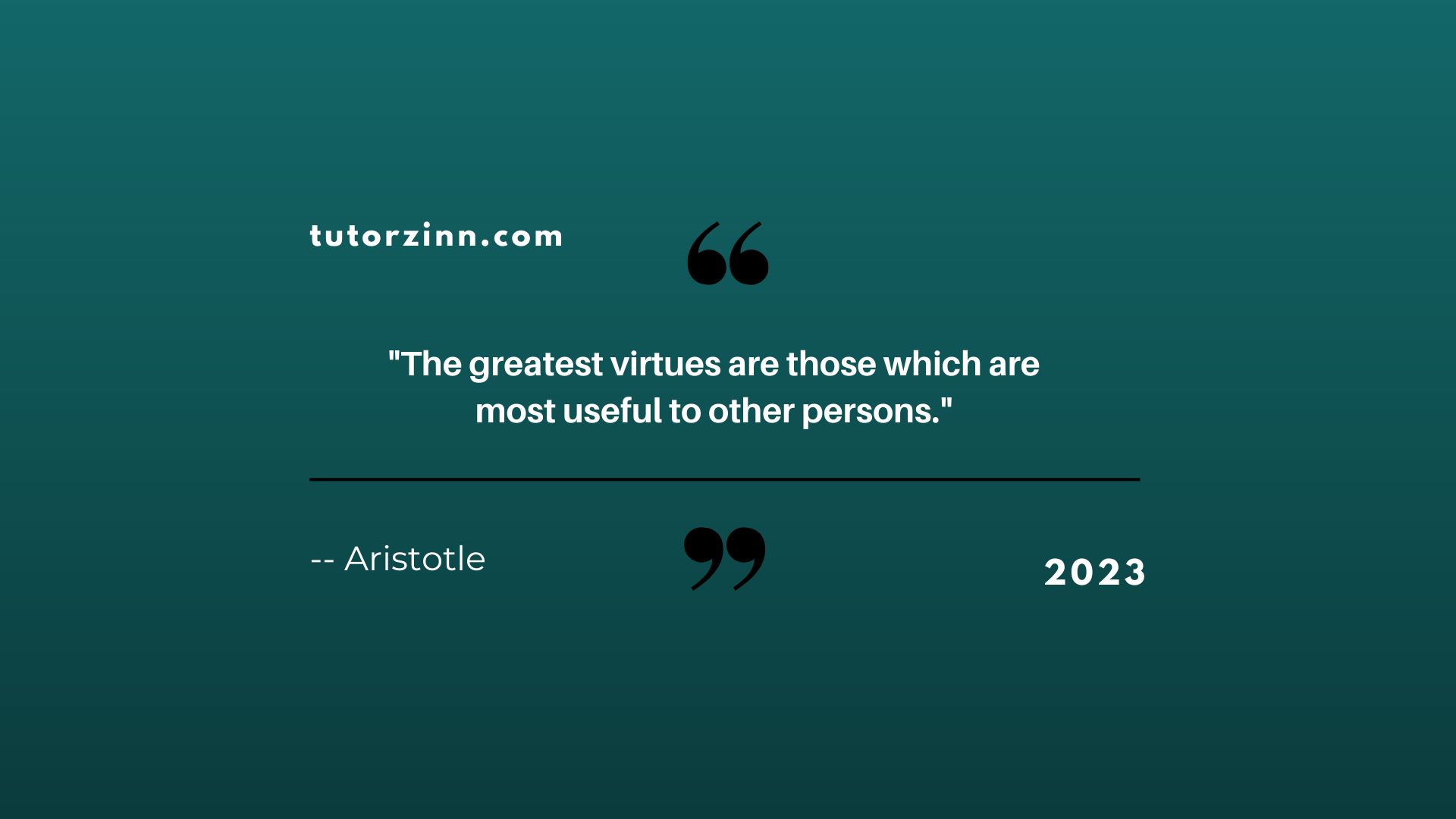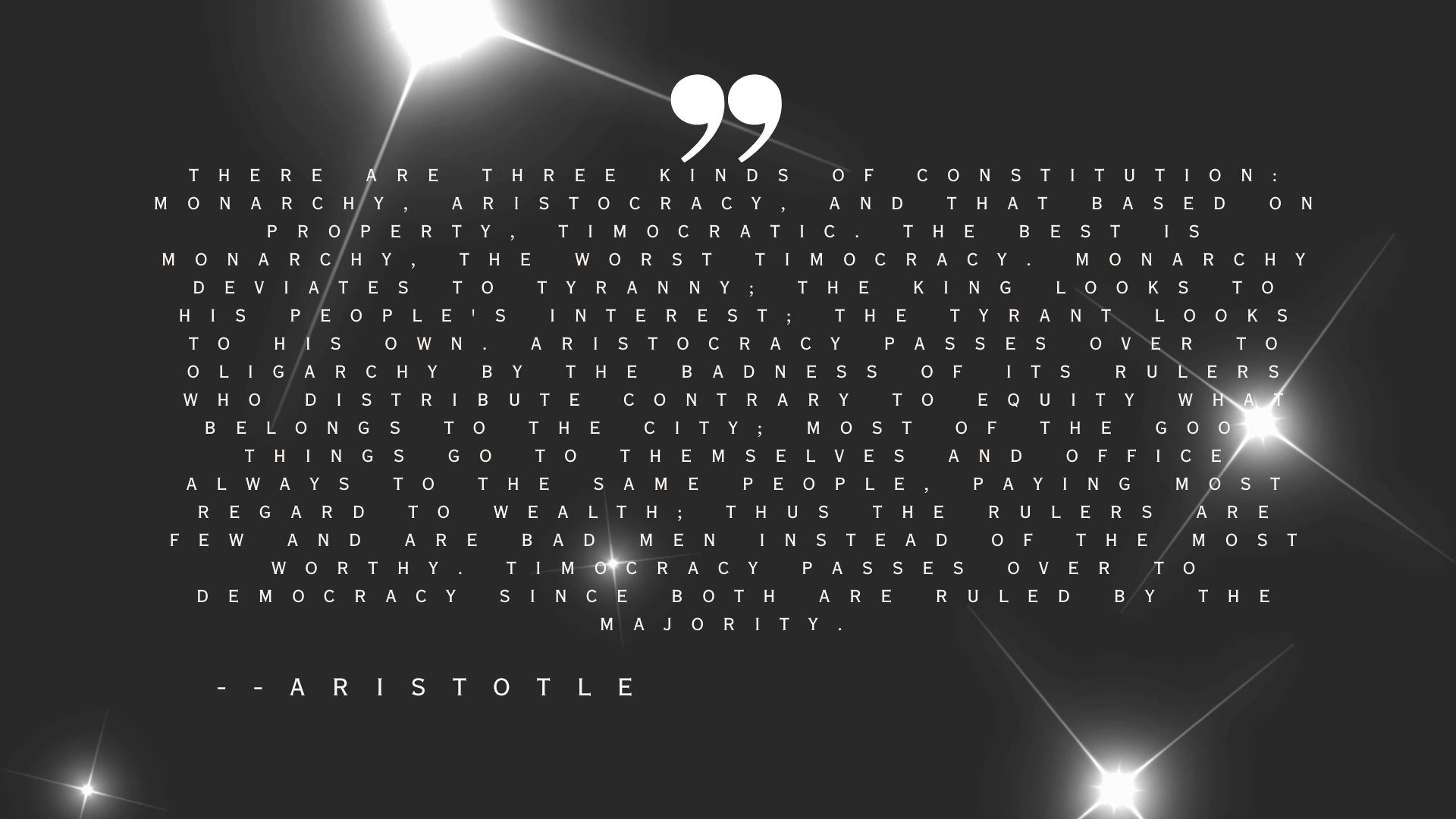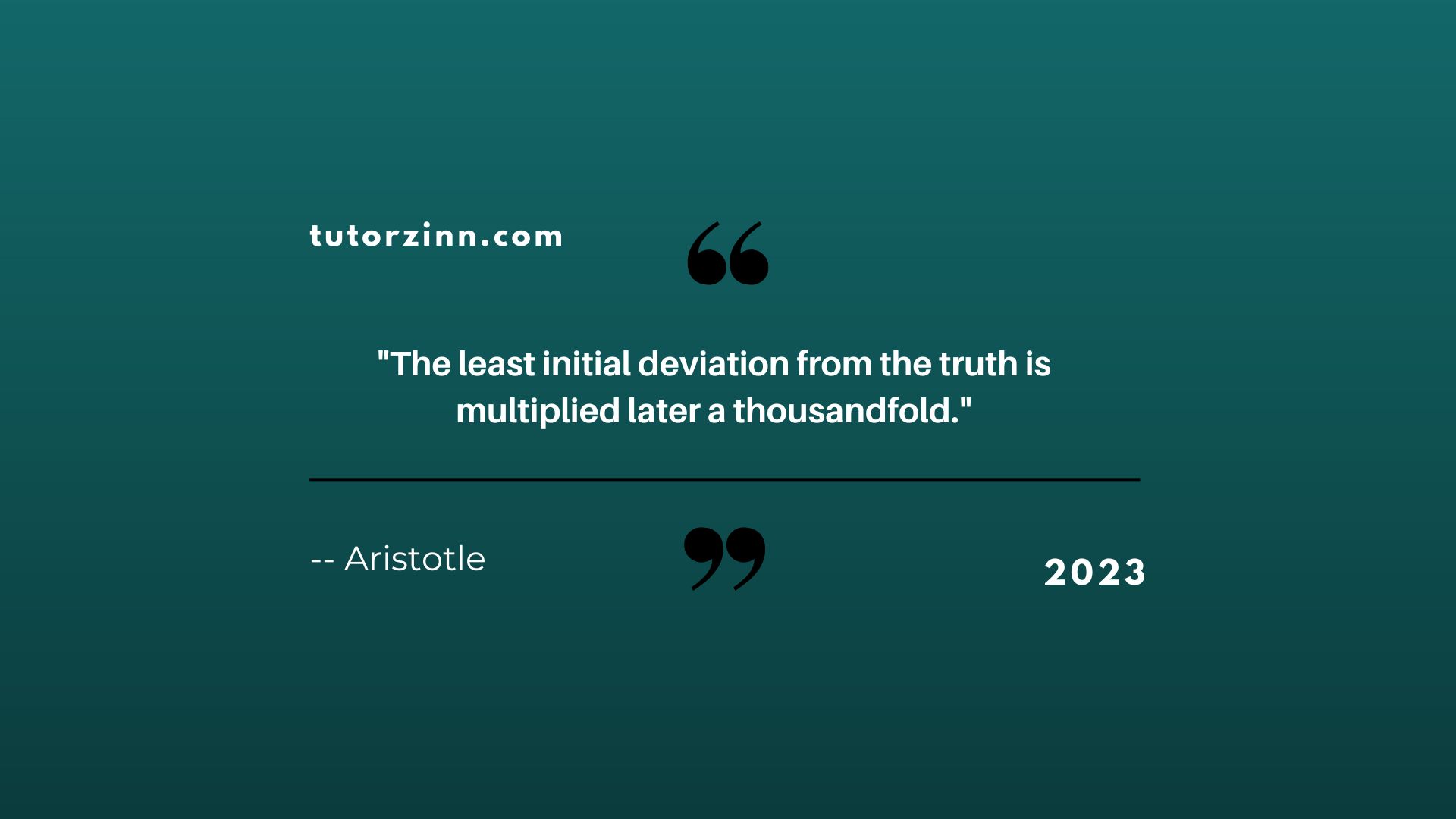We punish a man for his ignorance if he is thought to be responsible for his ignorance.
Aristotle___
The quote raises an important question about the relationship between ignorance and punishment. It suggests that there is a connection between the two and that punishment is only appropriate when ignorance is considered to be a result of responsibility. This idea is based on the principle that individuals should be held accountable for their actions and that ignorance is not a valid excuse for breaking the law or violating the rights of others.
However, the relationship between ignorance and responsibility is not always clear-cut. In many cases, individuals may not be aware of the consequences of their actions or may not have had the resources or information to make a different decision. In such cases, it may not be appropriate to punish them for their ignorance.
On the other hand, there are also instances where individuals have had access to the information and resources needed to make a responsible decision, but have chosen to ignore them. In such cases, ignorance may be seen as a result of carelessness or neglect, and punishment may be deemed appropriate.
In addition, there are also cultural and systemic factors that can contribute to ignorance. For example, individuals who are born into poverty or who are part of marginalized communities may not have access to the same resources or opportunities as others, and may not have the knowledge or skills needed to make informed decisions. In such cases, punishment may not be an appropriate response, as it fails to address the underlying causes of ignorance and reinforces the systemic inequalities that contribute to it.
In conclusion, the relationship between ignorance and punishment is complex and cannot be reduced to a simple equation. The appropriate response will depend on the specific circumstances of each case and the extent to which ignorance is considered to be a result of responsibility. It is important to approach each case with fairness, empathy, and an understanding of the complex interplay between individual and societal factors that contribute to ignorance. By doing so, we can ensure that punishment is used in a way that is just and effective, and that it serves to promote a more equitable and just society.
It is generally not appropriate to punish someone for their ignorance, as ignorance is a lack of knowledge or understanding, rather than a conscious choice or action. Punishment is typically reserved for actions or behaviors that are considered harmful or wrong.
However, it is important to recognize that some forms of ignorance can have negative consequences, and it is often necessary to hold people accountable for their actions, even if they were not fully aware of the potential consequences. For example, if someone drives under the influence of alcohol, they may be unaware of the risks and dangers of their actions, but they can still be held responsible for the harm that they cause.
In general, it is important to focus on educating and informing individuals about potential risks and consequences, rather than punishing them for their lack of knowledge. This can help to prevent future harm and promote understanding and responsibility.
It is generally not considered fair or appropriate to punish someone for their ignorance, especially if they are unaware that they are doing something wrong. Instead, the emphasis is often on educating individuals and helping them to understand the consequences of their actions, rather than punishing them for their lack of knowledge or understanding.
In some cases, however, an individual’s ignorance may be seen as reckless or negligent, and they may be held accountable for the consequences of their actions. For example, if someone drives a car without a valid license and causes an accident, they may be held responsible for the damages and injuries resulting from the accident, even if they were unaware that they were not permitted to drive.
In general, it is important to recognize that people have different levels of knowledge and understanding, and that we all make mistakes at times. Instead of punishing people for their ignorance, it is often more productive to focus on helping them learn and grow, and to provide them with the resources and support they need to make better decisions in the future.




